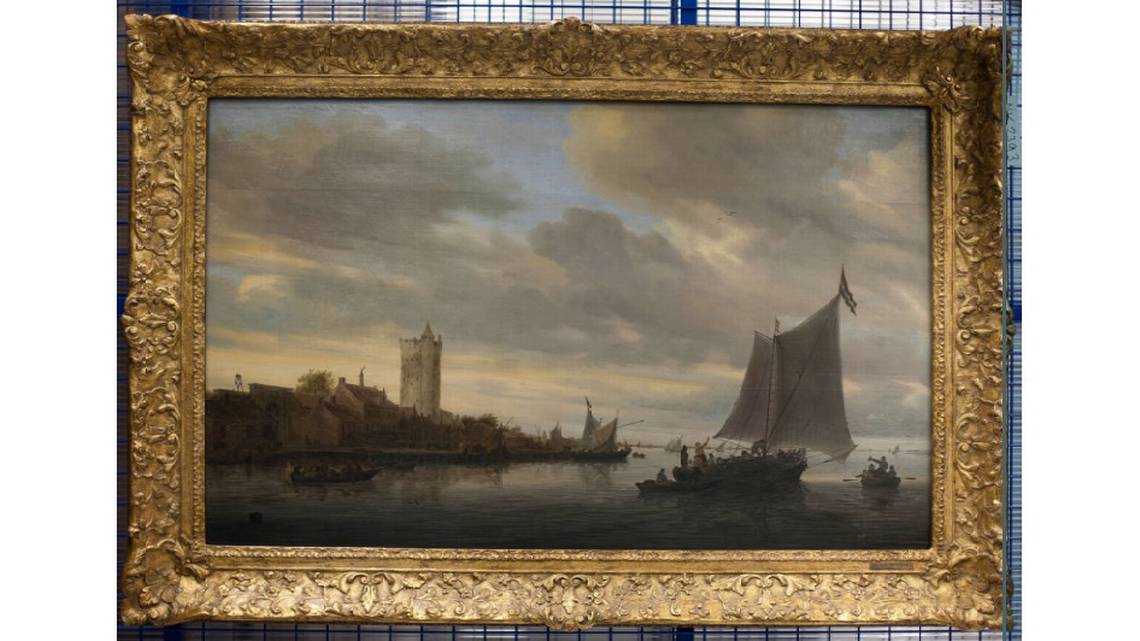Two Jewish brothers in the Netherlands sold works of art at steep discounts to Nazi officials, some in exchange for helping relatives escape the occupation. But now, a lawsuit filed in South Carolina says, the Dutch government refuses to return the paintings to the family.
All told, Bruce Berg argues in the lawsuit, Nazis forced his grandfather and his great uncle, Benjamin and Nathan Katz, to sell 144 paintings. The paintings are still in Dutch museums and the government refuses to return them to the family.
Some people have called the Katz brothers Nazi “collaborators” for helping party officials buy art from other private collections, according to the New York Times.
Three generations in Berg’s family have pressed the Dutch to return the paintings, the newspaper reports.
The art was destined for Adolf Hitler’s ‘Führermuseum’ planned for Austria and Hermann Goering’s personal collection, the lawsuit says. Goering, head of the German Luftwaffe, once personally inspected and purchased art from the Katz brothers in what the lawsuit describes as a “terrifying in-person visit.”
“Nazi agents deceptively cloaked the forced sales in the appearance of legality, avoiding the wholesale looting carried out in other occupied countries,” Berg’s attorney Rebecca Gibson said, according to Forbes Magazine.
After the war, looted art was returned from Nazi collections and governments began the long process of reuniting the artwork with its rightful owners, The New York Times explains. The Katz family applied to have their paintings returned, but had limited success since there were records of sales, even if, as the lawsuit argues, they were at substantial discounts.
Nazi officials, the lawsuit argues, “used the Katz brothers to acquire art, granting them exemptions from anti-Semitic laws (such as those which forbade Jews from driving). The exemptions were not for the brothers’ benefit, but instead allowed them to more easily transact business and acquire art ... for Adolf Hitler’s planned art museum in Linz, Austria ....
“The threat that the exemptions from anti-Semitic laws could be revoked at any moment — possibly resulting in the deportation of the Katz brothers and their families to concentration camps —created additional duress,” the suit notes.
The Katz brothers’ heirs tried again starting in the early-2000s to get the paintings back. But, the suit says, the Dutch government rejected the claims based on the same reason that art was sold, not stolen.
A Dutch panel reviewed the claim from the heirs, but found many of the paintings were sold at about what market rate would have been from the works, according to the New York Times. But the family disagrees, now filing the lawsuit in the federal court in Charleston, South Carolina.
“Under the current system, which has a lot of flaws, mainly the assumption that all art dealers, even Jewish art dealers, because their objective is to sell art, any art that they sold was sold in the ordinary course of business, which is a very flawed assumption when you’re talking about Jewish art dealers living in an occupied country under Nazi rule,” Gibson told Charleston news station WCSC.
As of Dec. 18, none of the defendants listed in the lawsuit, including the Dutch government, had responded to the accusations, court records show.



